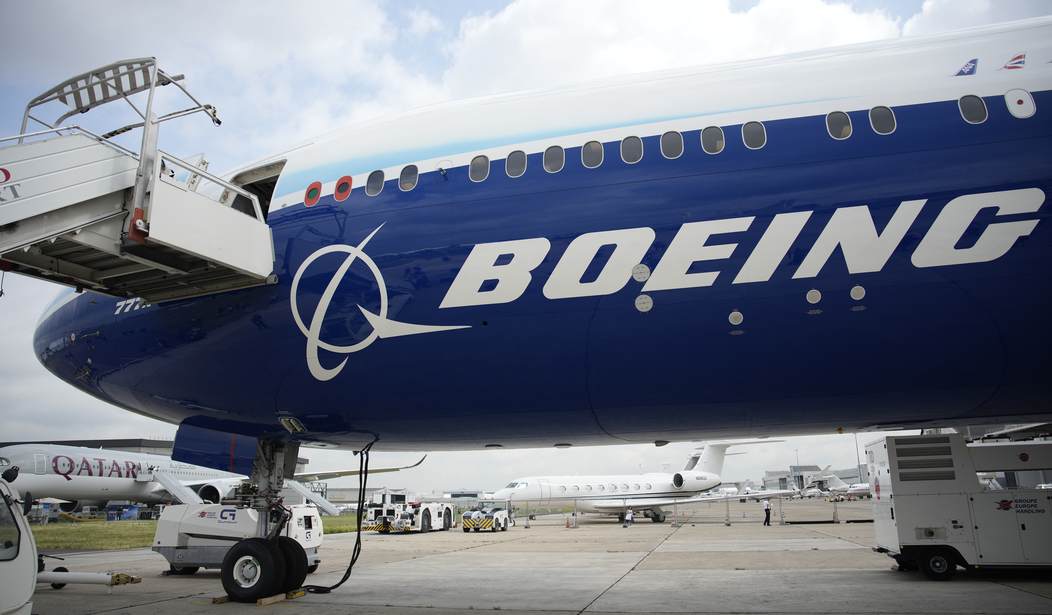A special investigation spearheaded by the Federal Aviation Administration (FAA) found that Boeing prioritized production speed over quality and failed to train its employees accurately.
According to the “troubling” findings of the FAA’s 2024 special audit— published on Wednesday— Boeing allegedly took “shortcuts” on production and failed to provide its mechanics with the appropriate tools and resources to complete their work.
The memo, released by the U.S. Senate Permanent Subcommittee On Investigations (PSI), said, "Boeing personnel continue to feel pressure to prioritize speed of production over quality.”
More from the memo:
In a May 2024 employee survey, the company found: Only 47% percent of respondents answered favorably to the statement, ‘Schedule pressures do not cause my team to lower our standards.’
Boeing continues to fail to ensure that nonconforming parts are appropriately documented, stored, and dispositioned so that they are not installed on aircraft. The FAA’s special audit found an absence of process control for scrap articles that left the secure Material Review Segregation Area until rendered unusable’ in two areas used to store nonconforming parts. [There are instances where Boeing’s quality inspections were not always performed by] qualified and independent personnel. [Boeing employees were allowed to] inspect the quality of their own work.
The FAA also noted that some of Boeing’s facilities were considered an “inherent conflict of interest.”
Recommended
Following the report, Boeing said it is taking “important steps to foster a safety culture that empowers and encourages all employees to share their voice, but it will require continuous focus.”
In a statement, the FAA defended its oversight of Boeing, saying it “will continue our aggressive oversight to hold Boeing accountable and ensure the company fixes its systemic production-quality issues.”
“[FAA] Administrator Mike Whitaker has made it clear ‘this won’t be back to business as usual for Boeing,’” the agency added.
“I think the safety culture change is going to be a long-term project,” Whitaker said. “I think it’s going to take years of delivering that safety message and the employees actually seeing that safety is more important than production before that culture to change.”
Boeing has faced several controversies, including quality control issues involving grounding its 777X jets after reports cited structural problems in the aircraft.
In July, Boing agreed to pay $243.6 million in fines after two 737 MAX airplanes crashed in 2018 and 2019.

























